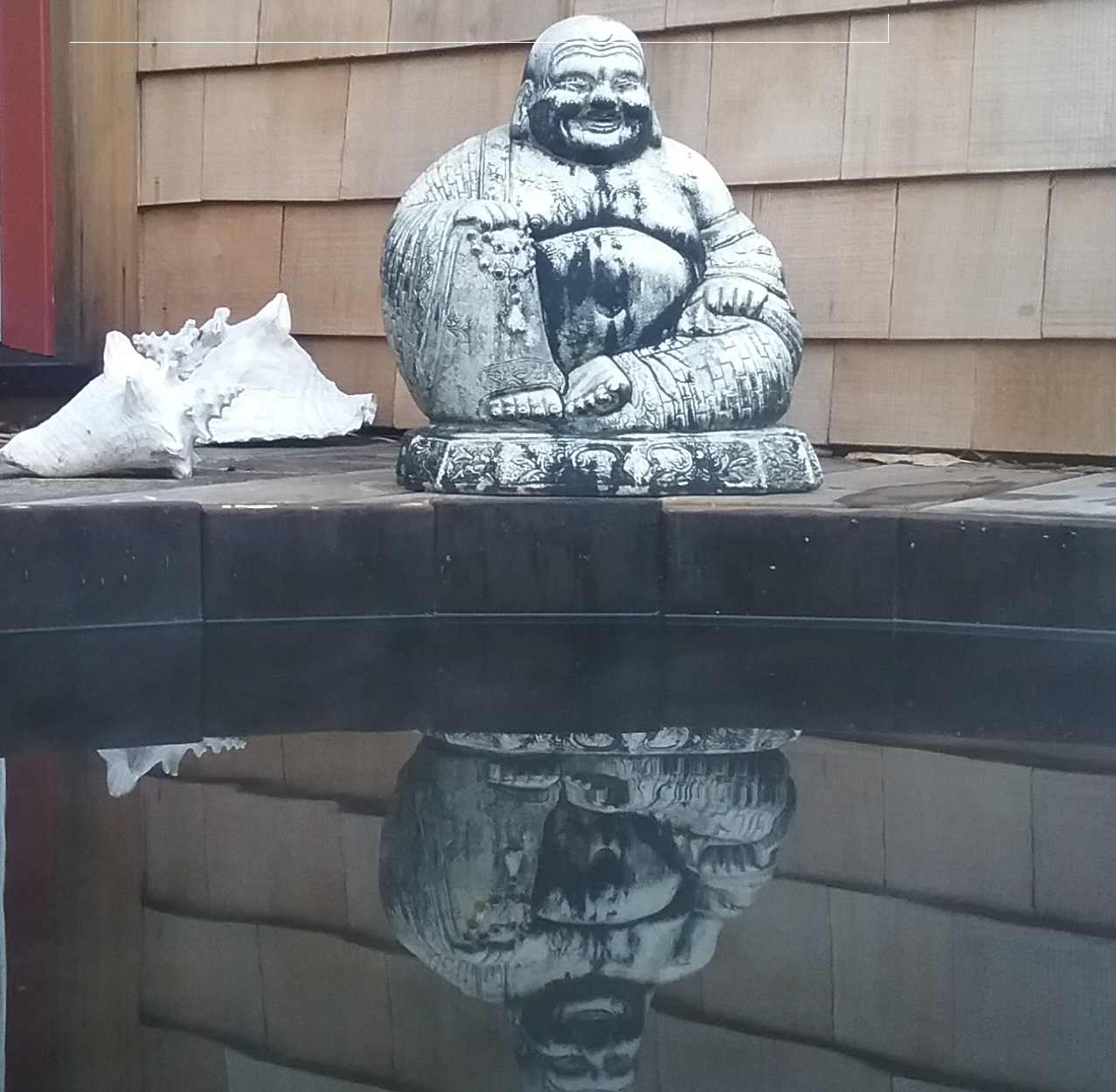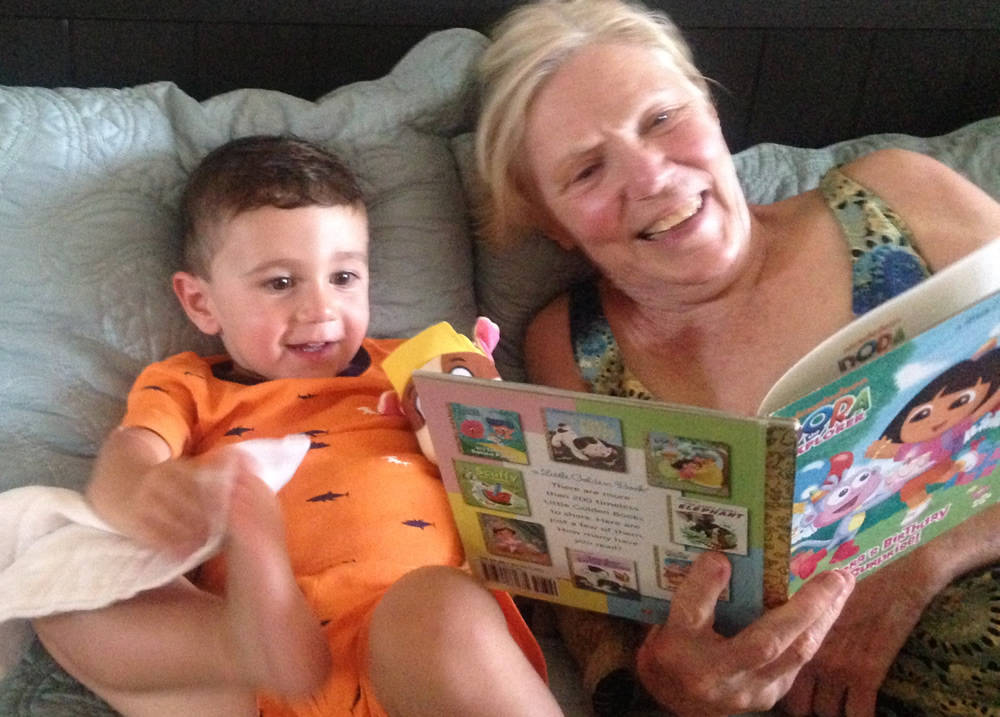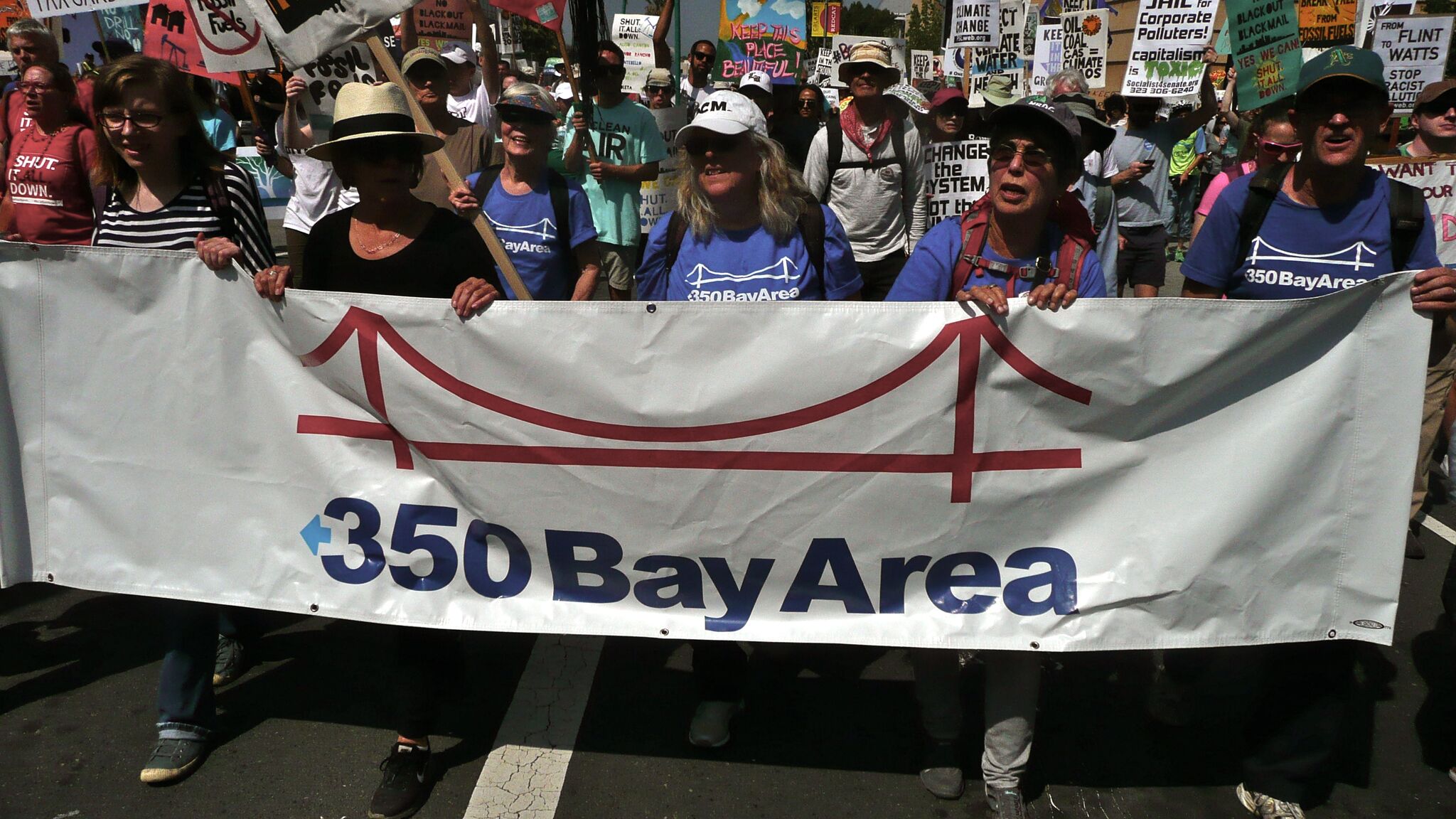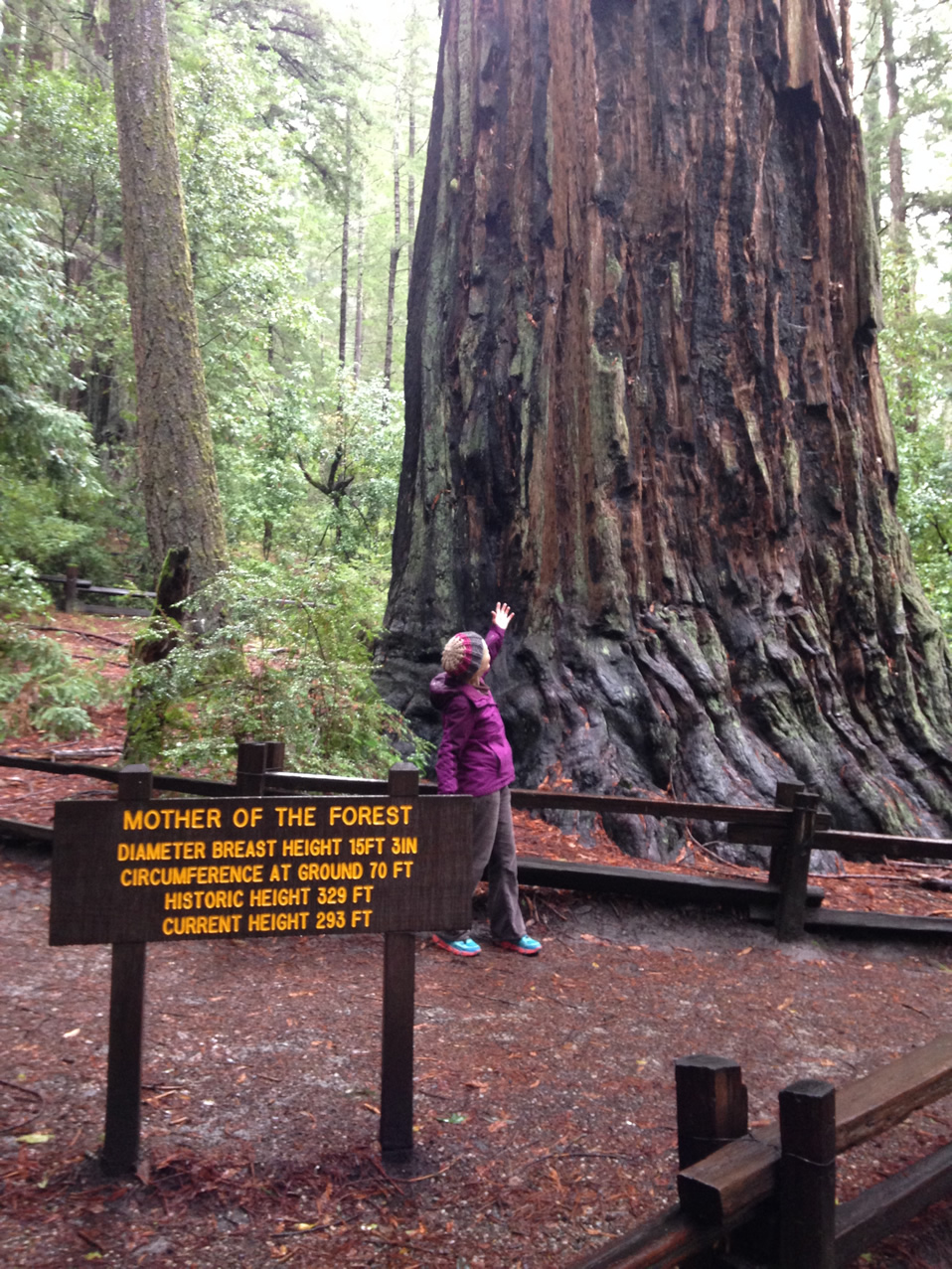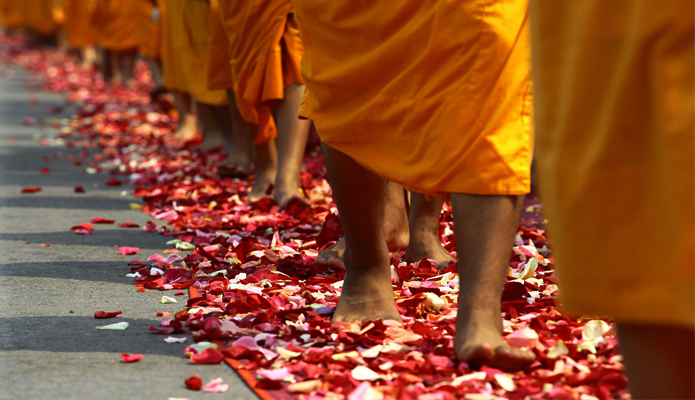How we can make our lives richer and more meaningful? Forget about resolutions to “do better” and get down to what is truly important…
As we look forward to celebrating a New Year, how we can make our lives richer and more meaningful?
Forget about your endless resolutions to “do better”—lose weight, get more work done, organize your life and your closets. Let’s get down to what is truly important to us, and resolve to do something every day to make our lives more meaningful—actions that are possible, don’t take much time, and truly improve our well-being.
Buddhist economics says:
Stop.
Sit quietly, focus on your breath, and appreciate the wonders of the moment.
As you breathe quietly, feel your Buddha heart.
You can do this early in the morning when you first wake up. You can do this during your lunch break. You can do this when you go to bed.
Do this any time you want to pause, appreciate life, and feel refreshed. Sitting quietly can last from a minute to a half hour—whatever feels comfortable to you.
You can even practice this when you are in a stressful meeting that is causing anxiety and confusion. Focus on your breath, let your thoughts and judgements pass by, and feel your interconnection with the other people. Then let your thoughts return to the meeting, and feel your freedom to be at the meeting and participate in a more meaningful way.
You have freed yourself from the bad feelings and confusion of others, so what is important in life shines out. Freedom in Buddhist economics is stopping the constant chatter of thoughts flowing through your mind, so you can enjoy the moment and focus on what is important to you.
During the day, feel your interconnection with other people. Don’t confuse being hyperconnected on social media with being interconnected in human spirit.
Put your iPhone down.
Look for ways to connect with the people around you—family, colleagues, friends, strangers.
When all the demands on your life make you miserable, stop and help someone you know. In Buddhist economics, helping others makes everyone feel better.
In your New Year, think about what is important to you, what you really care about,
what makes life meaningful. Let the other things fall off your to-do list.
May you enjoy life, may you be free!
